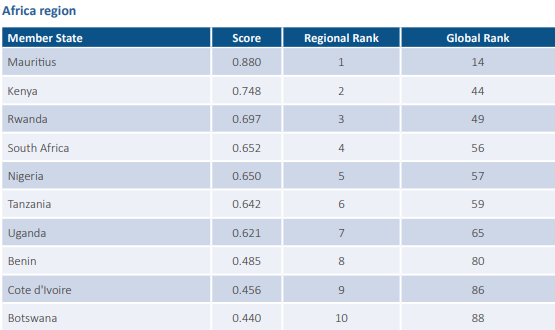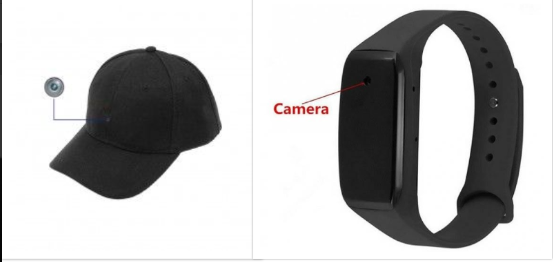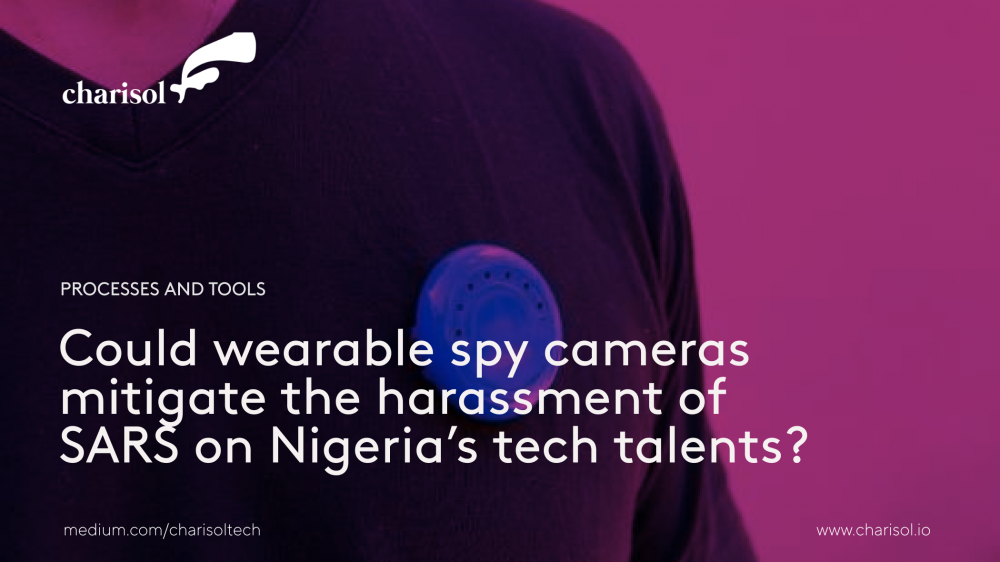The recurring harassment of young Nigerians in tech by Special Anti-Robbery Squad (SARS) isn’t set to decline yet–rather it’s getting worse by the day at such an alarming rate.
There have been several stories (on and off the internet) of physical harassment, extortion, kidnapping, and unlawful arrest of young Nigerians by this group of policemen who are, ironically expected to protect lives and properties of the citizens.
In recent times, cases of extortion and physical harassment have grown prominent with digital/tech talents being victimised–often programmers, graphic/web designers, digital marketers’, etc., who mostly take on remote jobs, and as such move around with their laptops in knapsack bags without company identification cards (ID cards). This results in SARS men confusing [or easily tagging] them as they’re fraudulent — or totally ignore the possibility of their legitimacy and seeking an indictment instead.
Precisely in the month of September 2019, Tony Astro, a software developer in Lagos, Nigeria, took to Twitter to share his bitter experience with the said group of policemen (SARS). His tweeted anecdote explained how he boarded one of the bike hailing services in Lagos, trying to find his way home. While in transit, his bike was stopped by the SARS officers, after which they searched his bag, found a laptop and immediately tagged him an internet fraudster popularly called “Yahoo boy”. He was arrested without any trace or evidence of fraud, got locked up for hours and was beaten severally.
Despite claims that the money in his account was meant to treat his sick father, these policemen totally ignored him. “I told them 80% of the money was for dad’s treatment”, Tony remarked in his story, but that was the least of their concerns. He ended up paying half of the money in his bank account just to be free.
SARS is one of the 14 units under the Nigeria Police Criminal Investigation and Intelligence Department which was created to arrest, investigate and prosecute people involved in violent crimes such as armed robberies, murders, kidnappings, hired assassinations and other forms of extreme criminality, as said by the former spokesman of the Nigeria Police Force, Jimoh Moshood, in December 2017. If this statement is anything to go by, it’s a clear indication that the primary duty of Special Anti-Robbery Squad (SARS) isn’t to arrest anyone for a suspected fraudulent (a nonviolent crime) act, let alone harass.
Fair enough, fraudulent activities and cybercrime in Nigeria have spiked in recent times. In the Global Cybersecurity Index (GCI) report of 2018, Nigeria was ranked 57th out of 175 countries and fifth in the campaign against the hazard of cybercrime in Africa. The immediate past Minister of Communications, Adebayo Shittu, in a recent interview, said Nigeria loses about 127 billion Naira, 0.8% of the country’s Gross Domestic Products (GDP), to cybercrime, yearly.


But while SARS’ switch in job description might be quite understandably, their non-cultured approach isn’t in any way justifiable. Because in the very first instance, combating fraudulent acts in Nigeria, is the primary duty of other government-designated agencies like the Economic and Financial Crime Commission (EFCC), Independent Corrupt Practices Commission (ICPC) and other related agencies.
Wearable spy camera as a possible solution to SARS harassment?
There was a case of a blogger who identified himself as Ladi, said he was threatened while attending a conference. He tweeted; ‘’this fateful day just last week or thereabouts, I was to attend the Lagos Digital Summit. I took a Taxify (now Bolt) from the office to the venue and met them around Sheraton Link Road. They stopped the cab and asked me to come down. Asked me to identify myself which I did and asked for my ID card and complimentary Card which were unavailable. They threatened to arrest me but my saving grace was because my mum was in the police before she passed on so as they were threatening me to settle them if I don’t have an ID, I was also threatening them with dismissal via a secret camera which was live and on me. After about 3hours, I was allowed to go but not without calling my Uncle who is a commodore in the Nigerian Navy.’’
Coincidentally, Ladi’s incident happened on the 22nd of November, 2019, which is barely over a month after Tony’s. And just a few days after, another case of extortion by SARS was reported on Twitter by a certain man called ‘Dennis’ who had to pay a whopping sum of ₦600,000; a bank transfer of ₦500,000 and a cash balance of ₦100,000, to free himself.

There’s a common saying that seeing is believing. Dennis shared a picture proof of his bank transaction, the Nigeria Police Force had no choice than to reply to the trending story that they’d investigate the extortion and make the outcome public. Imagine If Ladi took a recording of his experience with the SARS officers to social media, the story would have taken a different form.
Over the years there have been issues of lecturers sexually harassing students for grades, yet, the lawmakers didn’t see it as a concern. But after BBC released its investigative documentary, it took the Senate just 48hours to reintroduce the sexual harassment prohibition bill.
This is the same way people have been asking the government to end or intervene in the problem young men are having with SARS, yet no tangible thing has been done. What if the young talents in the tech industry could adopt wearing a spy camera each time they go out with their gadgets, parading their normal lives?
How wearable technology works

Wearable technology is a category of electronic devices that can be worn as accessories, embedded in clothing, implanted in the user’s body, or even tattooed on the skin. The devices are hands-free gadgets with practical uses, powered by microprocessors and enhanced with the ability to send and receive data via the Internet. The rapid adoption of such devices has placed wearable technology at the forefront of the Internet of Things (IoT).
It can be said to have existed since the 13th century when eyeglasses were first developed. But modern wearable technology is defined as incorporating a microprocessor and an internet connection. This modern wearable technology precisely the ‘wearable spy camera’ was used by BBC Africa Eye in its undercover journalism in West African universities, tagged ‘Sex for grades’.
The lead Investigative Reporter Kiki Mordi, alongside her team of disguised journalists, wore spy cameras that revealed all that happens behind closed doors of some lecturers office’ in some of the region’s most prestigious universities–precisely the University of Lagos and the University of Ghana. And this investigation only intensified after severally visiting and engaging in conversations with the suspected lecturers. The question is, how would Kiki have corroborated her story if there were no hidden cameras?
Imagine Tony had a wearable spy camera on him the day he was harassed or Ladi shared recordings of his experience, how viral do you think a video proof would go, compared to the tweets on Twitter? This will definitely be revealing, embarrassing to the Nigerian Police Force and a big shame to the general policing in the country. This story could have shut social media down, as this is what so many people have been longing for. Just like the case of ‘Sex for grades’, it’ll draw the attention of Nigerian lawmakers and swift action will be taken in that regards.
Obviously, men of the SARS who are after your money won’t even think in the direction of searching you whether you’re wearing cameras or not. Besides, some are not even visible. When you’re been arrested and physically harassed, all you need to do is to record (knowing how the device works) them in the act and simply share your video proof on social media. Just one video proof on social media would go a long way in curbing other SARS officers from misbehaving as they won’t know if you’re been recorded or not.
It’d be a lovely adventure to embark on. If all the young men in the tech industry decided to put on a wearable spy camera in the hunt to expose these police officers, things would take a new form. Don’t you think it’ll be revealing if just one person who is being arrested by SARS could possibly record and share a video clip of his ordeal?

